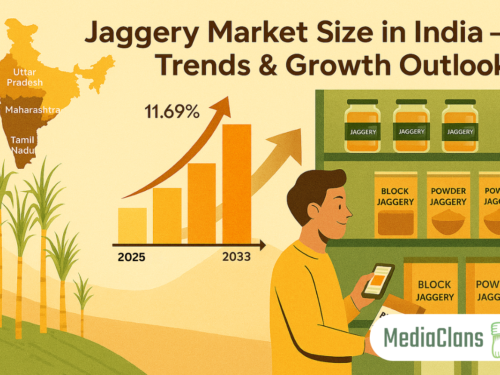Conversational marketing is reshaping customer engagement in 2025, enabling brands to connect personally and instantaneously through chatbots, messaging apps, and AI-powered communication. The right conversational marketing tools elevate user experience, increase conversions, and drive ROI by fostering real-time, two-way dialogue. This guide presents the best tools, actionable implementation strategies, and future trends to help marketers thrive in the conversational commerce landscape.
The Rise of Conversational Marketing
Modern consumers expect immediate, personalized responses. Conversational marketing tools empower brands to deliver seamless interactions at scale, whether through chatbots on websites, messaging apps such as WhatsApp and Facebook Messenger, or voice-enabled assistants. These tools break down traditional marketing barriers, providing dynamic, context-aware communication that builds trust and accelerates decision-making.
Top Conversational Marketing Tools for 2025
1. Drift
Specializes in AI-driven chatbots and real-time sales acceleration, integrating deeply with CRM and analytics systems.
2. Intercom
Offers scalable messaging solutions with rich automation, conversational bots, and multi-channel engagement capabilities.
3. HubSpot Conversations
Combined CRM and messaging platform that enables personalized chatbot flows, live chat, and integrated email marketing.
Implementation Checklists to Maximize Effectiveness
- Define clear goals: lead generation, customer support, or sales enablement.
- Map out customer journeys and anticipate key interaction points.
- Design chatbots with natural language understanding (NLU) to handle varying user intents.
- Integrate conversational tools with CRM and marketing platforms for seamless data flow.
- Train team members to monitor and intervene when needed for complex queries.
- Test bots continuously to improve accuracy and customer satisfaction.
- Establish KPI tracking to measure impact on engagement, conversion rates, and response times.
Measuring ROI from Conversational Marketing
- Monitor metrics such as chatbot engagement rate, qualified leads generated, and average resolution time.
- Track conversion rates attributed directly to conversations versus traditional channels.
- Calculate cost savings in customer service and lead qualification.
- Use A/B testing on conversational flows to refine performance.
Future Trends in Conversational Marketing
- AI advancements enabling hyper-personalized, predictive conversations.
- Increasing integration with voice assistants and smart devices for hands-free interactions.
- Growth in multi-channel conversational ecosystems spanning SMS, social media, and app messaging.
- Enhanced automation balanced with human empathy for complex communications.
Real-World Case Studies of Improved Engagement
Brands leveraging conversational marketing tools report significant increases in customer satisfaction, faster query resolution, and measurable uplift in sales pipeline velocity. For example, companies using Drift saw up to 50% faster lead qualification, while HubSpot users improved customer retention through timely live chat support.
FAQs on Conversational Marketing Tools
Q1. What types of businesses benefit most from conversational marketing?
A: B2B and B2C companies with high customer interaction volumes, especially in SaaS, retail, and service industries.
Q2. How do I choose the right conversational tool?
A: Consider your business size, goals, integrations, and budget; trialing several platforms before selection is recommended.
Q3. Can chatbots handle complex customer queries?
A: Advanced bots with AI and human handoff features can manage complex issues while ensuring a smooth user experience.
Q4. What’s the role of human agents in conversational marketing?
A: Humans provide empathy, nuanced understanding, and problem-solving when bots reach their limits.
Q5. How does conversational marketing impact SEO or digital marketing broadly?
A: It enhances user experience and engagement metrics, indirectly benefiting SEO and overall marketing effectiveness.
In the End
Conversational marketing tools are indispensable for brands aiming to deliver personalized, real-time customer interactions in 2025. By selecting the right platforms, following best practice implementation checklists, and continuously measuring ROI, marketers can drive deeper engagement, accelerate sales cycles, and build lasting customer relationships. Staying ahead of evolving AI capabilities and emerging multi-channel integrations will ensure your conversational marketing strategy remains cutting-edge and results-driven.

